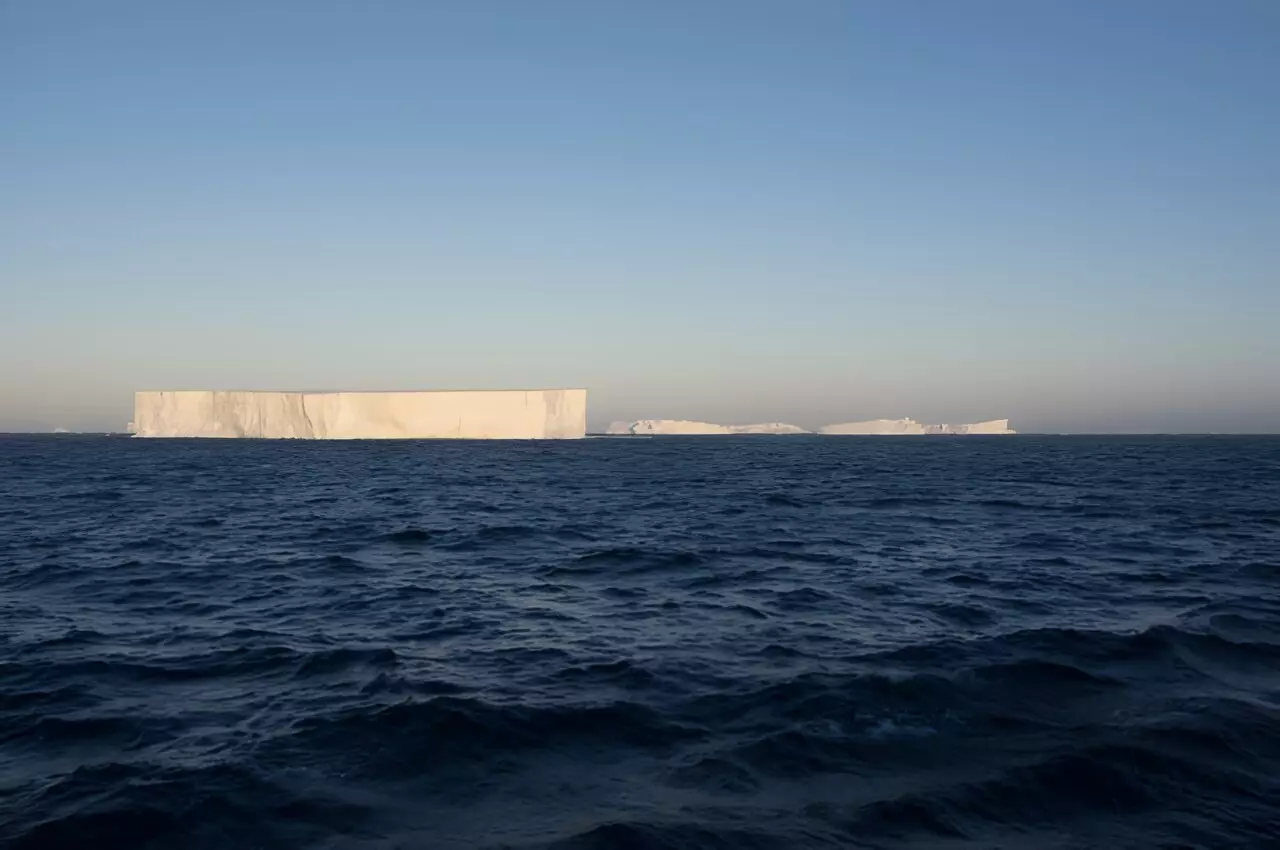The recent observations which were published in the journal Progress in Oceanography shed light on the impact of the collapse of a giant iceberg in the sub-Antarctic on ocean ecosystems. This groundbreaking study, conducted by a team from the British Antarctic Survey (BAS) and the National Oceanography Centre (NOC), provides valuable insights into how warmer ocean temperatures around Antarctica could affect marine life in the region.
Research Findings
The mega iceberg A-68A, which broke off from the Larsen Ice Shelf on the Antarctic Peninsula in 2017, traveled approximately 4000 km across the South Ocean until it reached South Georgia. During its three-month journey from late 2020 to February 2021, the iceberg melted, contributing to changes in the ocean ecosystem around the sub-Antarctic island. The team on board the research ship RRS James Cook gathered physical, chemical, and biological measurements to analyze the impact of A-68A on the region.
One of the key findings of the study was the restructuring of water layers in the ocean as the iceberg melted. Meltwater from the iceberg forced down underlying layers, causing a redistribution of nutrients and micronutrients in the water. Additionally, phytoplankton that was previously trapped within the iceberg’s frozen mass was released into the surrounding water and experienced rapid growth. These discoveries highlight the complex interactions between icebergs and ocean ecosystems and emphasize the need for further research in this area.
Implications for Future Research
The researchers involved in the study stress the importance of understanding the potential effects of iceberg collapses on marine environments, particularly in the context of climate change. Climate models predict an increase in iceberg calving from Antarctic ice sheets in the future, making it crucial to anticipate and mitigate the impact of these events on ocean ecosystems. By studying the behavior of iceberg A-68A and other giant icebergs that have reached South Georgia, scientists aim to improve their knowledge of this phenomenon and develop strategies to protect vulnerable marine species.
The collapse of giant icebergs such as A-68A can have far-reaching consequences for ocean ecosystems, reshaping water layers, redistributing nutrients, and influencing phytoplankton populations. As the frequency of iceberg calving is expected to rise in the future, it is imperative to continue investigating the interactions between icebergs and marine life. By gaining a deeper understanding of these processes, scientists can better predict and respond to the changing conditions in the Southern Ocean and safeguard the delicate balance of marine ecosystems.


Leave a Reply